new to the gluten free journey?
new to the gluten free journey?
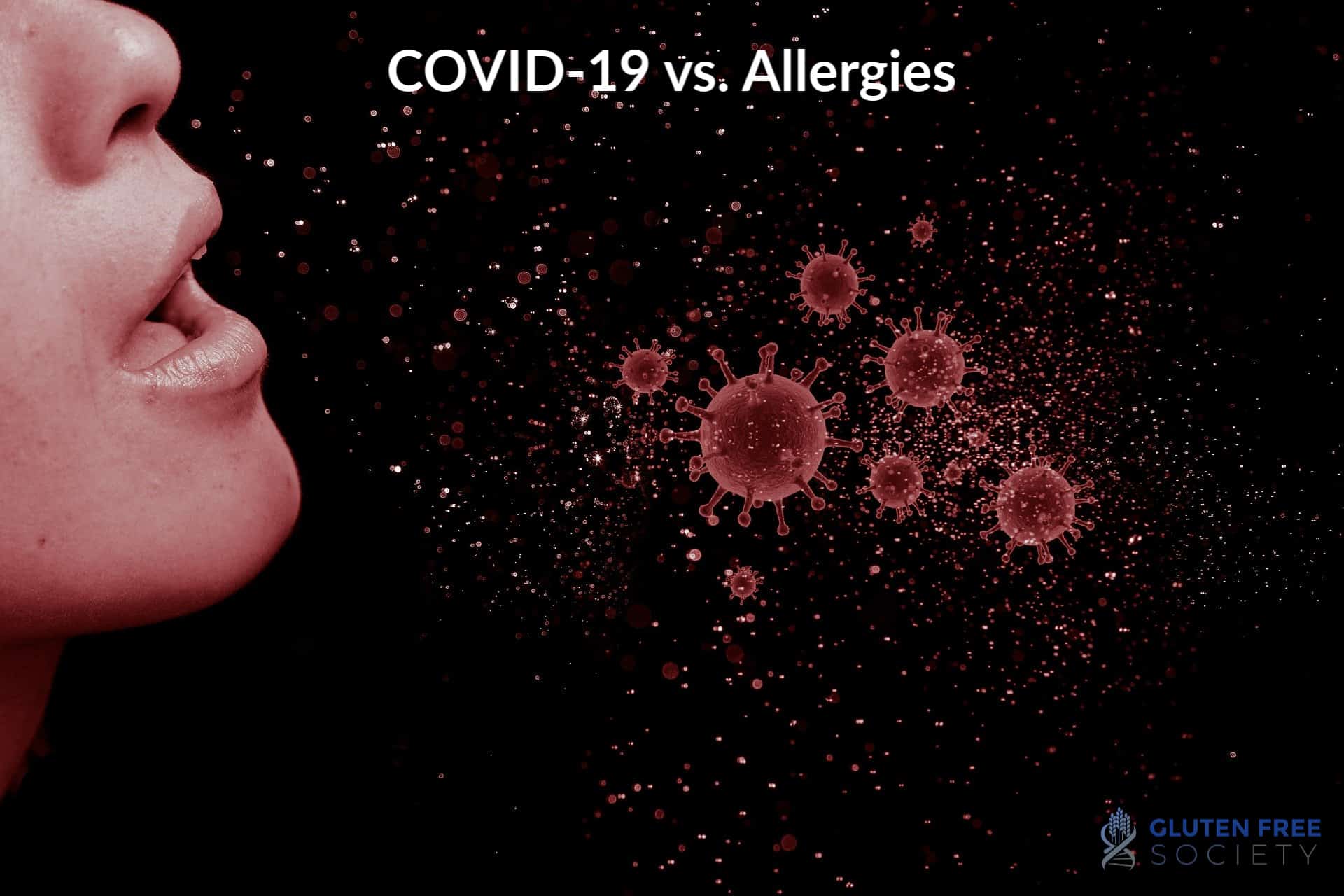
By now, we are all familiar with the coronavirus. It has had a major impact on not only the health of many in our nation, but on our entire economy as well, cause stress, fear, and in some cases full-on panic. Unfortunately, it happens to be spreading at the same time many are starting to experience symptoms produced by allergies coordinating with this time of year. And, while there are some similarities between the symptoms of COVID-19 and seasonal allergies, it’s important to note their differences to avoid further anxiety and a potential hospital visit.
all
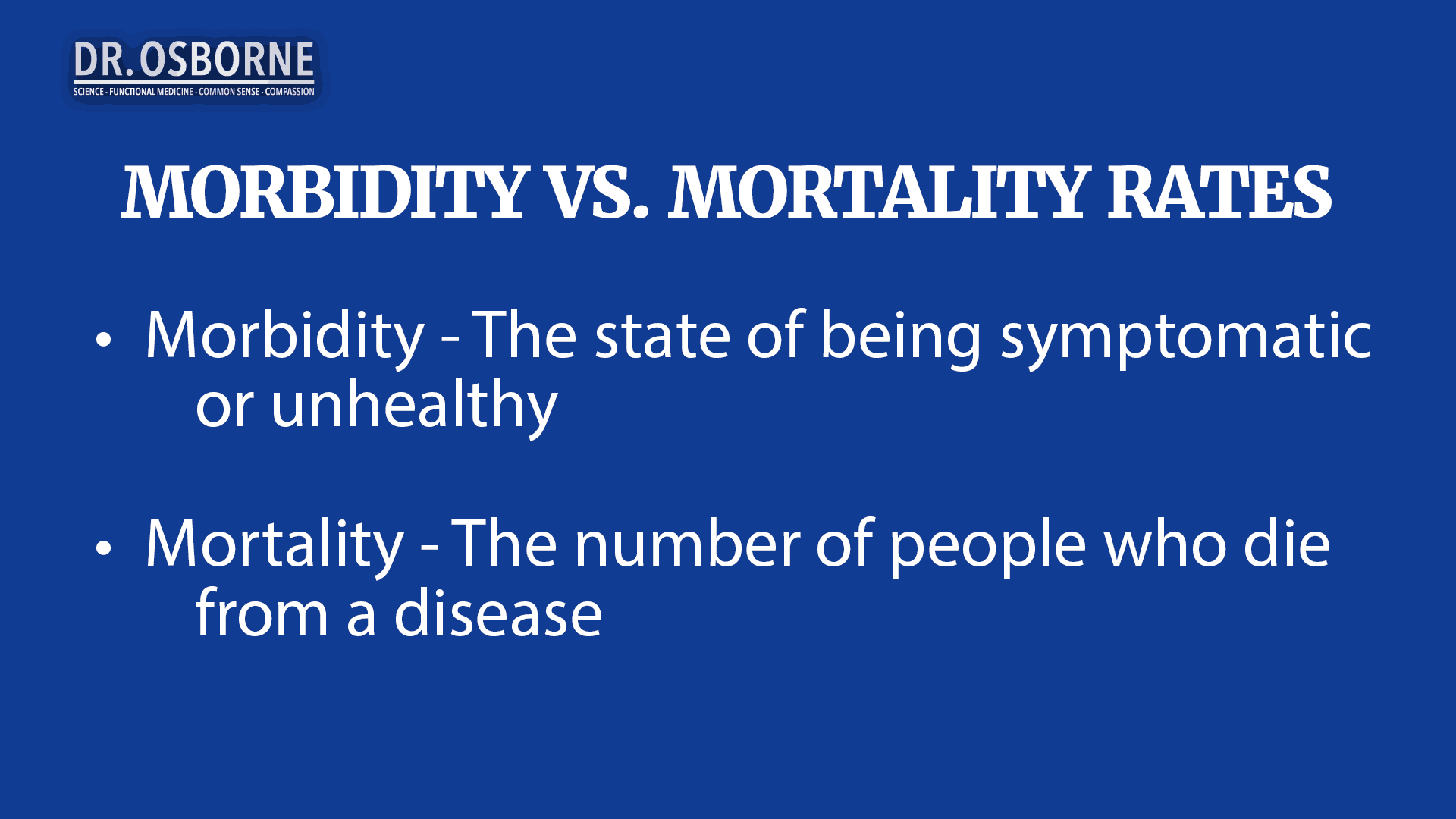
Before really diving into the symptoms of these two issues, it is important to understand two words that are often used when reading or hearing about this pandemic. The first is morbidity and this refers to the severity of the symptoms and the quality of life during the illness. The second, mortality, is the percentage of people that actually die from the illness.
With COVID-19, individuals may be knocked out for several weeks. This is in contrast to the common cold or flu, which may last a few days to one week. Therefore, this virus has a high morbidity rate. Along with this, some reports are showing a mortality rate anywhere from 2% to 14% depending on the country which is reporting it.
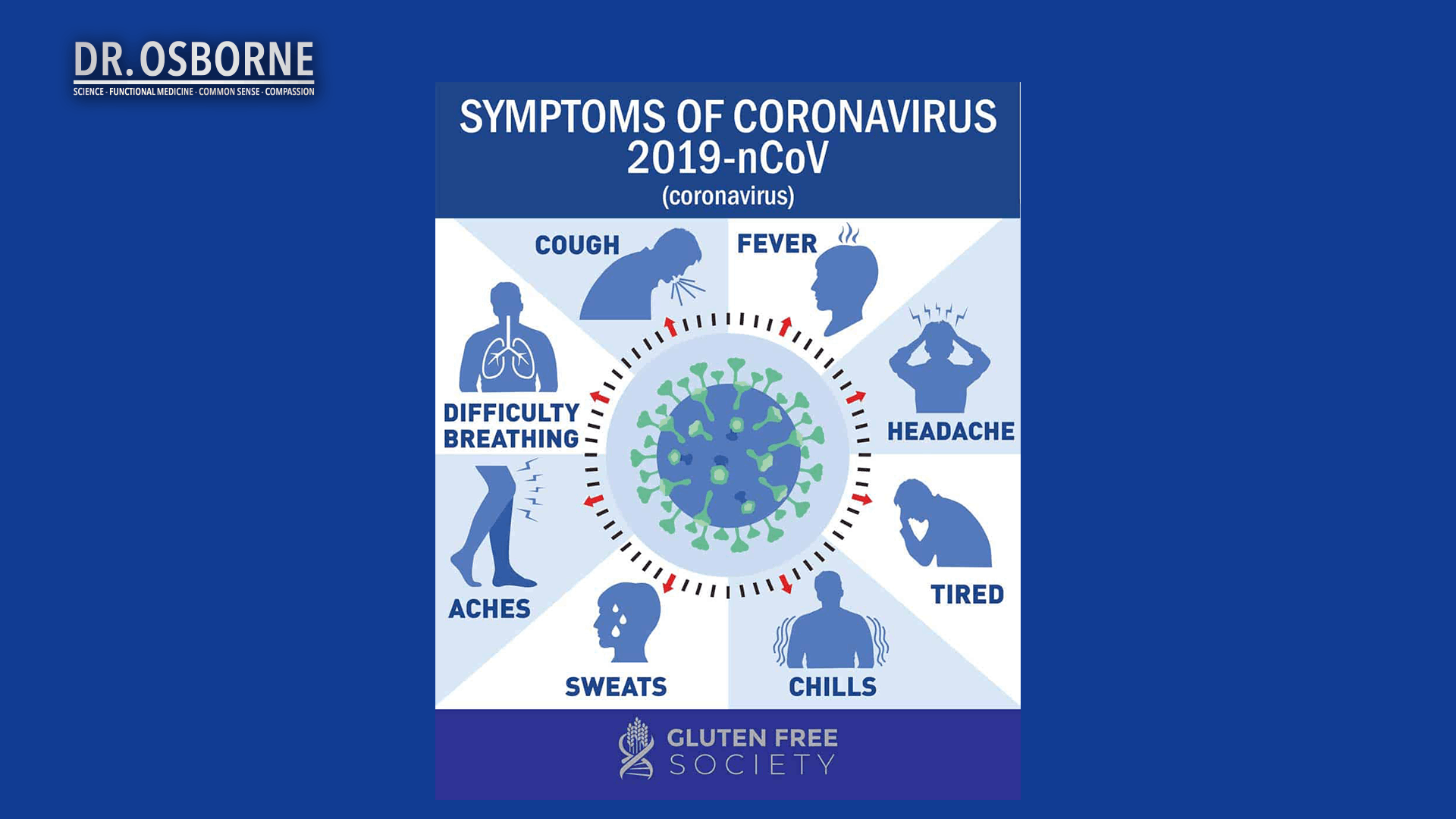
So what exactly are the symptoms of COVID-19 and what should individuals be on the lookout for? Based on several accounts, many people are claiming that the illness starts with a sore throat. From there, a high fever typically develops and seems to come and go.
Additionally, people are experiencing severe fatigue, headaches, a dry cough, chills, body aches, sweats, difficulty breathing, wheezing, and shortness of breath. Some, out of China, are also reporting that they had GI symptoms like nausea, vomiting, bloating, and pain. The real concern, and what is usually the cause of death, is when the virus significantly impacts and hinders the lungs.
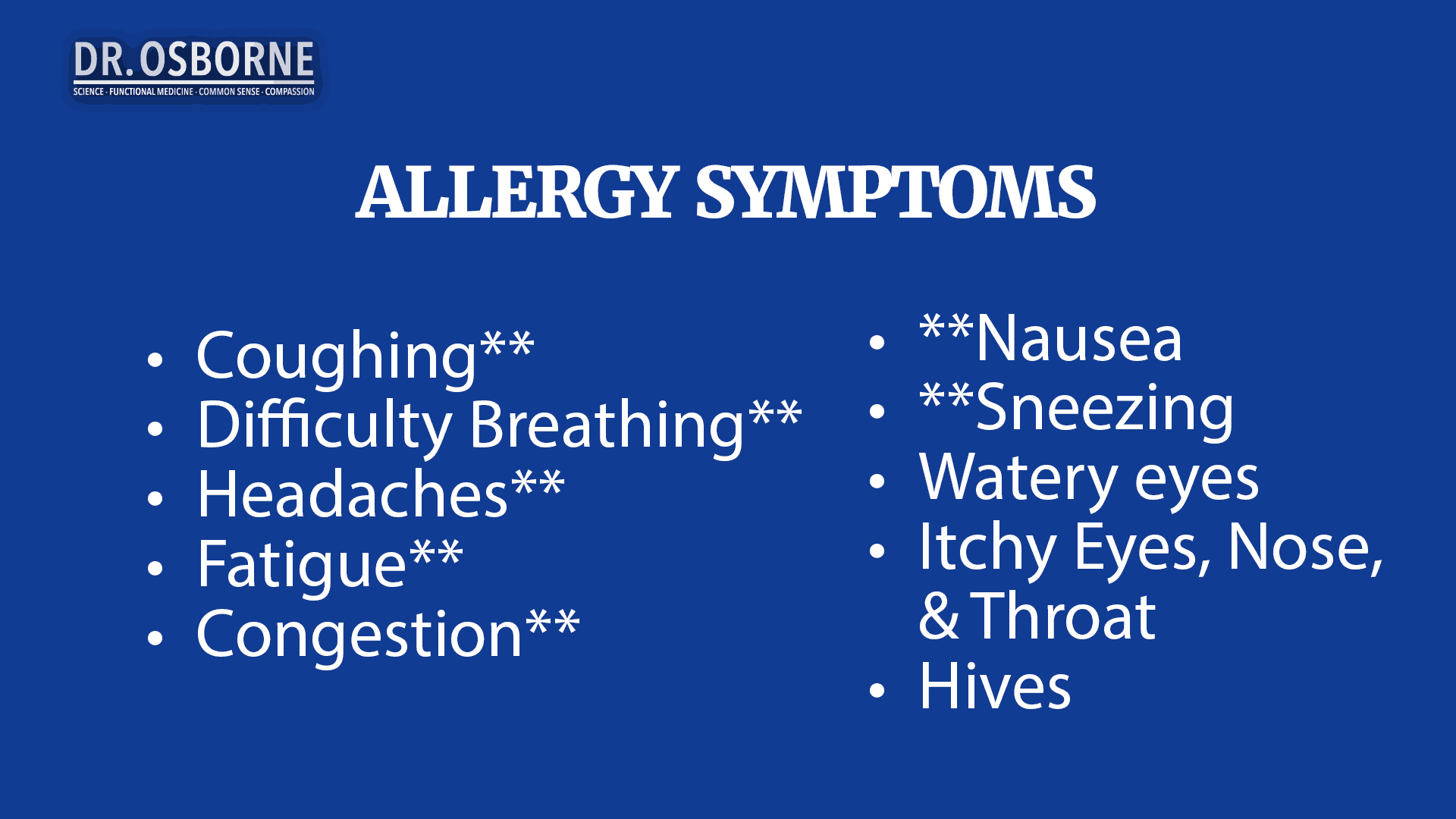
Like coronavirus, those with allergies may also experience a headache, cough, difficulty breathing, itchy or sore throat, and nausea from a postnasal drip. However, they are likely to also have watery eyes, a runny nose, sneezing, rashes and/or hives.
So while there may be overlap in the symptoms of allergies and COVID-19, if one starts to experience a fever, chills, body aches, and debilitating fatigue, it may be time to call a doctor. He or she will advise on whether you may have it and instruct further on seeking testing. Without these main four symptoms, it is probably just seasonal allergies that can be treated from home.
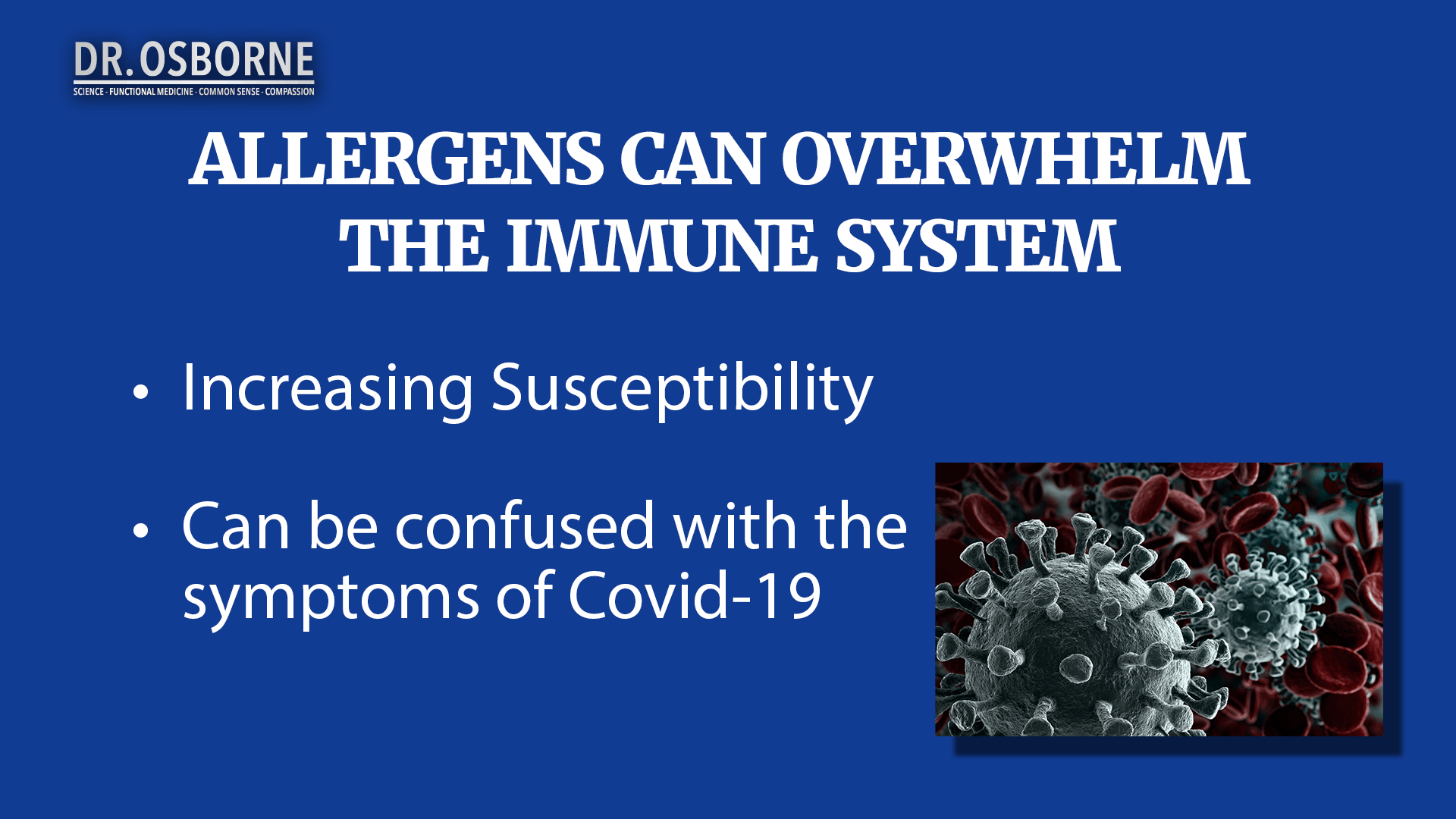
It’s certainly a relief to learn that an individual may simply be experiencing an allergic reaction to pollen or other components of the external environment. However, it is important to note that allergies can have a significant impact on the body. Primarily, they can overwhelm the immune system.
This creates a huge histamine burden and results in many of the symptoms previously discussed. With the immune system overwhelmed by allergens, an individual is left more susceptible to catching the virus and ultimately may have a decreased ability to fight it off.
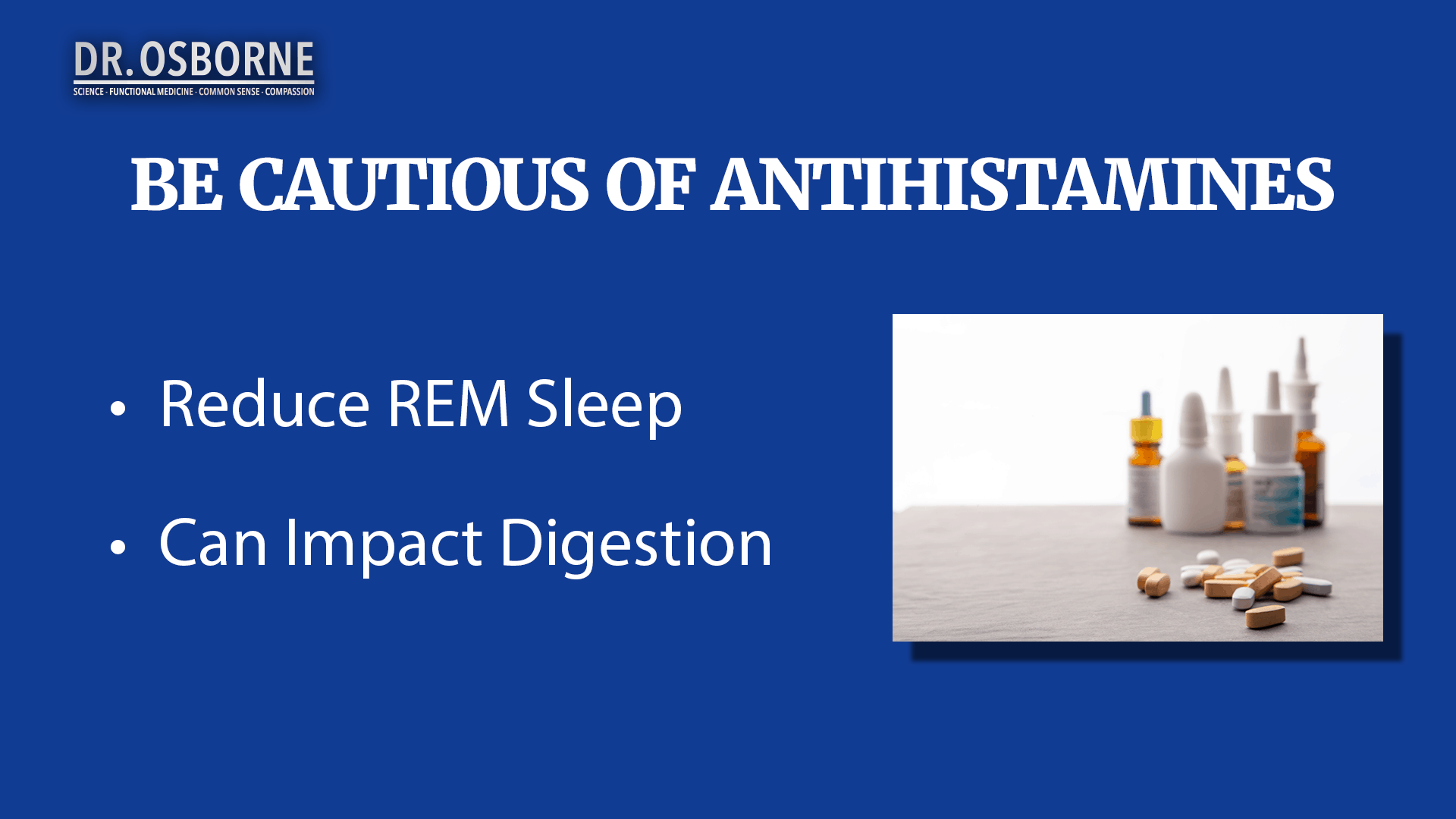
When faced with many of the issues caused by seasonal allergies, most people are quick to reach for over the counter antihistamines like Benadryl or Singulair. However, it’s important to understand the impact these can have on the body before committing to taking them all season. These include:
It is important to note that these issues occur with prolonged use of medication, anywhere from one to two months. Those who take it on occasion will likely not experience these.
If taking an antihistamine long term is dangerous for the body, what can be done to alleviate allergy symptoms? First, it’s important to understand why the body has such a strong reaction to allergens. Mast cells are a specialized type of immune cell in the body that when exposed to allergens will release histamine. When too much is released, these undesired symptoms occur.
Antihistamines block the function of the mast cells (producing histamine); however, histamine is important to immune functions and is even a neurotransmitter that helps the body feel alert, awake, and focused. That is why antihistamines often make one feel tired.
Therefore, instead of trying to get rid of histamine, it’s more beneficial to consume nutrients that stabilize the membrane around these mast cells. This will make it less likely to break open. These supplements include:
Many of these have been used for hundreds of years to stabilize mast cells and to help avoid an exaggerated response from them when exposed to allergens. Additionally, they don’t have the side effects of traditional antihistamines, making them a safe and ideal alternative.

Along with supplements, it may be beneficial to invest in an air filtration system, like HEPA. Not only can it reduce allergens within the air in a home, but it can also minimize many of the other pollutants found in the world today.
Therefore, with so much information being thrown at us about the coronavirus, it is imperative to learn the facts and know the signs of the virus. With this knowledge, you can make educated decisions about your health and know when it may be time to seek additional medical attention. Remember, if you’ve never experienced seasonal allergies before, it’s likely that you won’t start now. So if you are experiencing some of the signs of these conditions, stay calm, contact your doctor, and follow his or her lead on how to proceed.
Written and medically reviewed by Dr. Peter Osborne. Updated on April 3, 2020